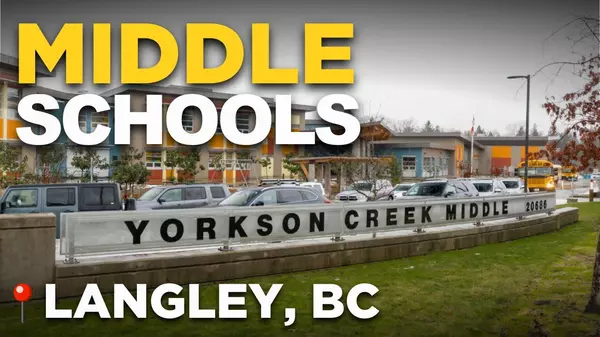How to Get a Mortgage Pre-Approval in Canada: Ultimate Guide (2024)
The Essential Guide to Getting a Mortgage Pre-Approval in Canada
Buying a home is one of the most significant investments many individuals will ever make, and the journey begins long before you set foot in a real estate listing. One crucial step that can’t be overlooked is obtaining a mortgage pre-approval. Understanding how this process works can set the tone for a successful home buying experience, ensuring you are both emotionally and financially prepared for this life-changing decision.
Importance of Mortgage Pre-Approval
What is Mortgage Pre-Approval?
Mortgage pre-approval is the process where a lender assesses your financial credentials, including income, debt, credit score, and employment status, to determine how much money you are eligible to borrow. This crucial step not only allows you to understand your financial limits but also gives you a competitive edge in a crowded housing market.
Why You Should Get Pre-Approved
-
Avoiding Disappointment: One of the most heartbreaking experiences for home buyers is falling in love with a property, only to discover that they do not qualify for a mortgage. Getting pre-approved helps you avoid such emotional distress.
-
Setting Realistic Expectations: Knowing your budget allows you to focus on homes that are genuinely within your financial reach, leading to a more gratifying home-buying experience.
-
Strengthening Your Offer: In competitive markets, a pre-approval letter provides sellers with confidence in your offer, as it demonstrates your seriousness and financial capability to close the deal.
Comfort Level vs. Maximum Affordability
Evaluating Your Finances
Once pre-approved, it’s vital to analyze your comfort level with the mortgage payments. Consider the following:
-
Assess Your Personal Comfort: Just because you are approved for a specific amount does not mean you should borrow it all. Evaluate what monthly payment fits comfortably within your budget, allowing room for other living expenses.
-
Individual Financial Situations: Your financial situation will significantly influence your comfort level. For example:
- Fixed Income: Individuals with consistent salaries may feel comfortable using a larger portion of their income for a mortgage.
- Variable Income: If your income varies (like with commission-based roles), you may prefer a safer entry point with lower payments.
Choosing Between Bank and Mortgage Broker
Pros & Cons of Banks vs. Mortgage Brokers
When it comes to securing a mortgage, buyers face a decision: go directly to a bank or work with a mortgage broker. Each option has its merits and drawbacks.
-
Working with a Bank:
- Pros: Familiarity; likely offers in-house products.
- Cons: Limited to their offerings, which may not always be the most advantageous.
-
Choosing a Mortgage Broker:
- Pros: Brokers can access multiple lenders to find competitive rates and better fit your financial needs.
- Cons: May involve additional fees, depending on the broker’s compensation structure.
Incentives Aligned with Your Goals
Mortgage brokers are generally paid only when they successfully secure a mortgage, aligning their incentives with your success. Conversely, bank representatives might manage various products, diluting their expertise in mortgages.
Fixed vs. Variable Rate Mortgages
Understanding Different Rate Types
When it comes to mortgage rates, buyers must navigate the choice between fixed and variable rates.
- Fixed Rates:
- Payments remain stable throughout the mortgage period, providing predictability in budgeting.
- Variable Rates:
- Payments fluctuate based on interest rate changes. Within this category, there are two sub-types:
- Floating rates: Payments vary with interest rate changes.
- Static rates: Payments remain unchanged, adjusting only how much interest and principal are paid down.
- Payments fluctuate based on interest rate changes. Within this category, there are two sub-types:
First-Time Buyers: What to Consider
First-time buyers are often advised to lean towards fixed-rate mortgages due to their stability, especially if you're unfamiliar with handling fluctuating payments.
Mortgage Insurance: Know Your Requirements
What You Need to Know
Mortgage insurance is essential for any buyer who has a down payment of less than 20%. Here’s what you should know:
-
Premium Costs: This insurance can cost between 2.8% to 4% of your mortgage, depending on your down payment amount. For instance, a 5% down payment incurs a higher premium compared to a 15% down payment.
-
Advantages of Mortgage Insurance: Surprisingly, some lenders might offer better rates if you have mortgage insurance, believing it reduces their risk.
The Role of the Deposit in Buying a Home
Lay Down Your Commitment
When you’ve settled on a home, a deposit—usually around 5% of the purchase price—is required to show your commitment to the transaction.
- Payment Methods: Secure options like bank transfers or electronic funds transfers (EFT) are preferred over checks, ensuring funds are available to the seller promptly.
Final Thoughts: Be Strategic in Your Approach
The journey of buying a home is filled with excitement, but it requires careful planning, particularly in securing your mortgage pre-approval. By taking proactive measures and understanding the ins and outs of financing your home, you can transform what could be a stressful process into a rewarding adventure.
Contact for Assistance
If you’re seeking more personalized advice or recommendations for reliable mortgage brokers, feel free to reach out via email or schedule a call for tailored support.
If you’re considering buying a home in the Lower Mainland and want to explore which neighbourhoods would suit you best, I’d be happy to help!
📞 Book a Call with Me: Schedule a Consultation
📢 Subscribe to my YouTube Channel: Living in the Lower Mainland
🏡 Search for Homes: Homes for Sale
Categories
Recent Posts










GET MORE INFORMATION

